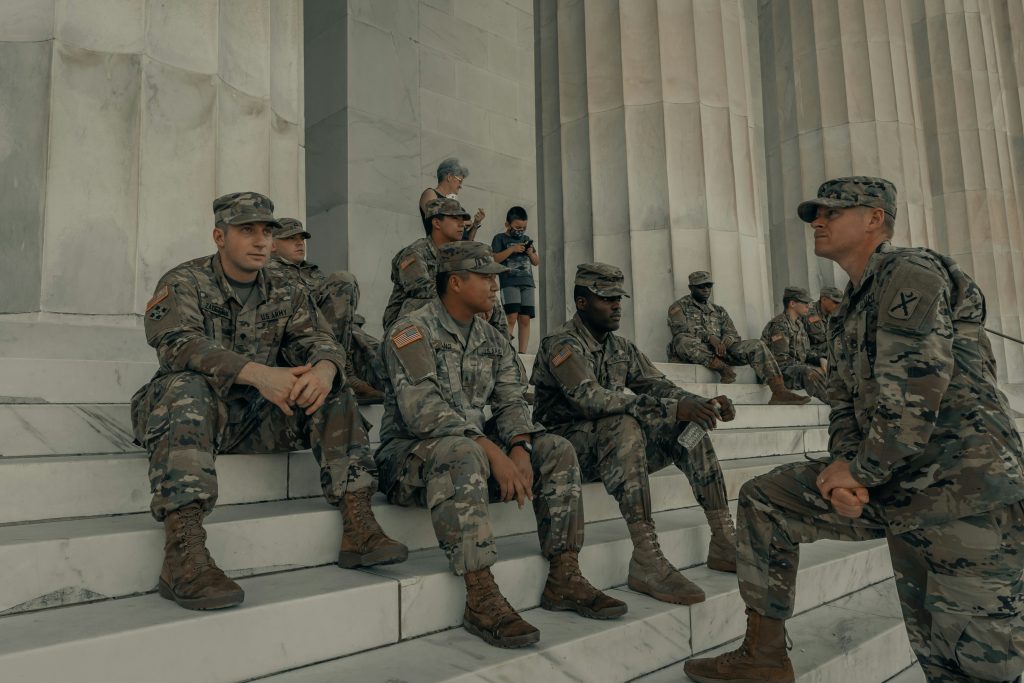U.S. military shifts strategy in Africa amid rising insurgencies
3 min read
The U.S. military is shifting its strategy in Africa, calling for greater local responsibility amid rising extremist threats.
As insurgencies intensify across the continent, the United States is adjusting its military role—placing more responsibility on African allies to defend their own territories.
The United States military is undergoing a strategic shift in Africa, moving away from its historical focus on governance-building and development aid to a more hands-off approach that emphasizes local ownership of security operations. This change comes amid a worsening security climate in parts of the continent, where insurgent groups affiliated with al-Qaida and the Islamic State continue to expand their influence.
During African Lion 2025, Africa’s largest joint military training exercise, the new direction was clearly articulated. General Michael Langley, the top commander of U.S. Africa Command (AFRICOM), called for increased “independent operations” by African forces and emphasized the concept of “burden sharing” among partner nations. Held annually, African Lion brings together troops from more than 40 countries, offering a platform to coordinate on combat drills, drone operations, and counterterrorism tactics.
In previous years, U.S. officials participating in such exercises frequently promoted a comprehensive or “whole-of-government” approach to regional stability—one that tied military assistance to democratic governance, economic development, and institution-building. That message appears to be receding. Instead, the focus is shifting toward enabling African militaries to take the lead, even if that means scaling back direct American involvement.
This shift aligns with broader changes in U.S. foreign policy dating back to the Trump administration, which prioritized reducing American military footprints abroad in favor of bolstering homeland security. Though the Biden administration initially signaled a return to multilateralism and deeper engagement with international partners, realities on the ground in Africa have proven complex. Now, the approach appears to be more pragmatic—less idealistic, and more rooted in strategic necessity.
General Langley acknowledged the ongoing challenges in building effective local security forces. He cited Somalia as a prime example, noting that despite years of American training and assistance, the Somali National Army still struggles to maintain control in areas where al-Shabaab remains entrenched. “We’re asking them to do more, but the capabilities gap is real,” Langley said.
The backdrop to these changes is sobering. Africa has become a hotspot for violent extremist activity, particularly in the Sahel region, parts of East Africa, and northern Mozambique. U.S. intelligence assessments now describe the continent as the emerging “epicenter” of jihadist operations globally. From Mali to Burkina Faso to Nigeria, armed insurgents have capitalized on local grievances, state fragility, and ethnic tensions to gain territory and followers.
While encouraging local ownership of security is a strategic goal, experts caution that withdrawing too quickly or too far could be risky. Analysts warn that Western disengagement—especially from regions lacking stable governance or infrastructure—might inadvertently create power vacuums that extremist groups can exploit. “Without strong international partnerships, many of these governments are simply not equipped to handle the scale of the threat,” said Dr. Amina Doumbia, a regional security analyst based in Dakar.
At the same time, public opinion in parts of Africa is shifting. In countries like Mali and Burkina Faso, local populations have grown skeptical of foreign military presence, especially following years of ongoing violence and limited visible progress. Some governments are exploring alternative alliances, including with countries like Russia, raising further concerns in Washington about waning U.S. influence on the continent.
As the U.S. recalibrates its approach, officials insist they are not abandoning Africa. Rather, they argue that the nature of support must evolve—focusing more on technical assistance, training, and intelligence sharing, and less on direct intervention. The goal, they say, is a long-term framework where African nations are not dependent on external powers for their security.
Still, with extremist threats on the rise and institutional weaknesses persisting, the path forward remains uncertain. How this new strategy will impact both stability and U.S. interests in the region will become clearer in the months and years ahead.





